On January 19, after attacks on "terrorist targets" on each other's territory, both Pakistan and Iran made new moves related to this crisis.
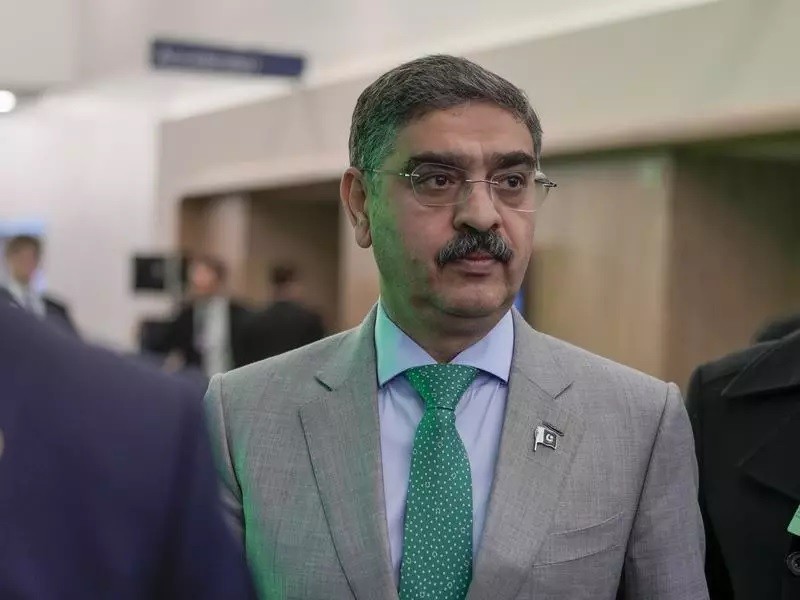 |
| Pakistan's interim Prime Minister Anwaar-ul-haq Kakar. (Source: AP) |
Reuters quoted Pakistan's Information Minister Murtaza Solangi as saying that the country's caretaker Prime Minister Anwaar-ul-haq Kakar has convened a meeting of top civilian and military leaders to review the national security situation.
Following Islamabad’s attack on separatist militant positions inside Iran on January 18 and Tehran’s attack on another group’s bases inside Pakistan on January 16, Prime Minister Kakar’s government had to put the country on “extremely high” alert.
Caretaker Prime Minister Anwaar-ul-haq Kakar has had to cut short his trip to attend the World Economic Forum (WEF) in Davos, Switzerland, due to the situation in the country.
A top security source in Pakistan said that any further attacks from Iran would be met with a strong response.
However, in a statement from the Pakistani Foreign Ministry on the attack on targets in Iranian territory, Islamabad affirmed that it considers Tehran a "brother" and fully respects the sovereignty of its neighboring country.
On Iran's side, Reuters reported that the country's Foreign Ministry affirmed its commitment to maintaining good neighborly relations with Pakistan, while calling on Islamabad to prevent the establishment of "terrorist bases" on its territory.
Regarding the incident, on January 18, United Nations Secretary-General Antonio Guterres called on the Iranian and Pakistani governments to "exercise maximum restraint" and expressed deep concern about the attacks.
The US also said it was closely monitoring the situation and maintaining contact with Pakistani officials. White House spokesman John Kirby said: “These are two well-armed countries and we do not want to see the situation escalate further.”
US State Department spokesman Matthew Miller also urged restraint from all parties involved, but did not say whether Washington was ready to support Pakistan, a non-NATO ally.
Meanwhile, the Russian Foreign Ministry issued a statement: "We are following with concern the escalation of the situation on the Iran-Pakistan border in recent days. We call on all sides to exercise maximum restraint and resolve new issues only through political and diplomatic means."
Source




![[Photo] Prime Minister Pham Minh Chinh receives delegation of leaders of US universities](https://vstatic.vietnam.vn/vietnam/resource/IMAGE/2025/3/31/8be7f6be90624512b385fd1690124eaa)

![[Photo] 2nd Conference of the Party Executive Committee of Central Party Agencies](https://vstatic.vietnam.vn/vietnam/resource/IMAGE/2025/3/31/8f85b88962b34701ac511682b09b1e0d)

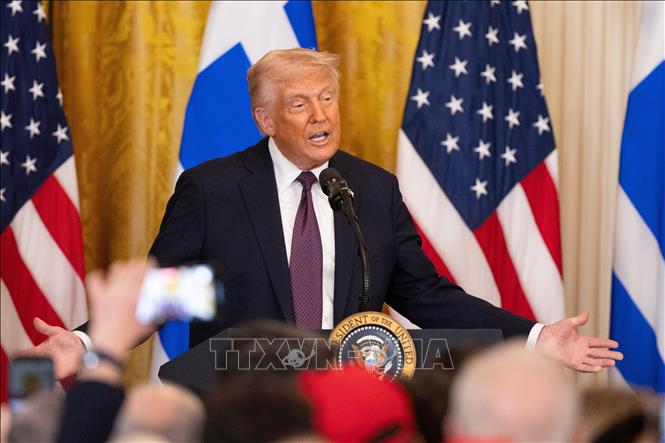

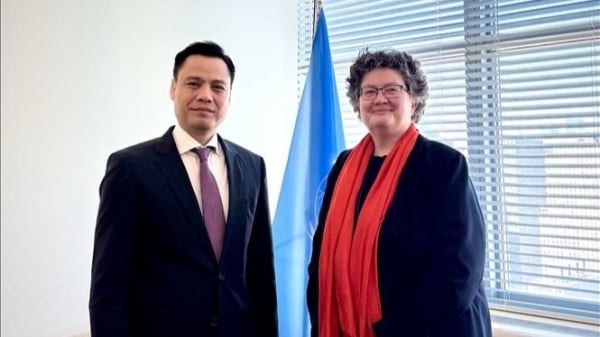

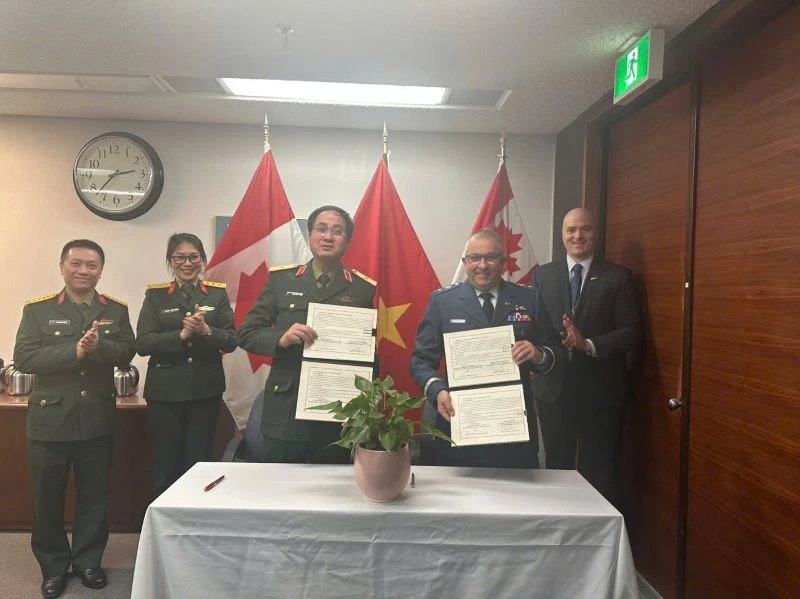
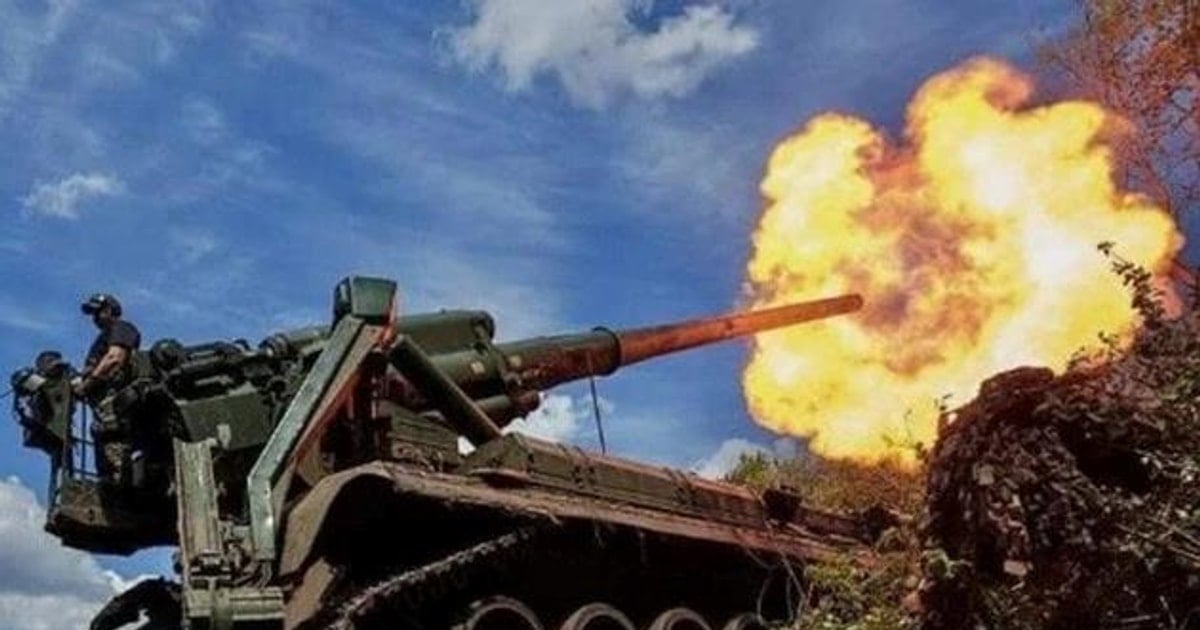

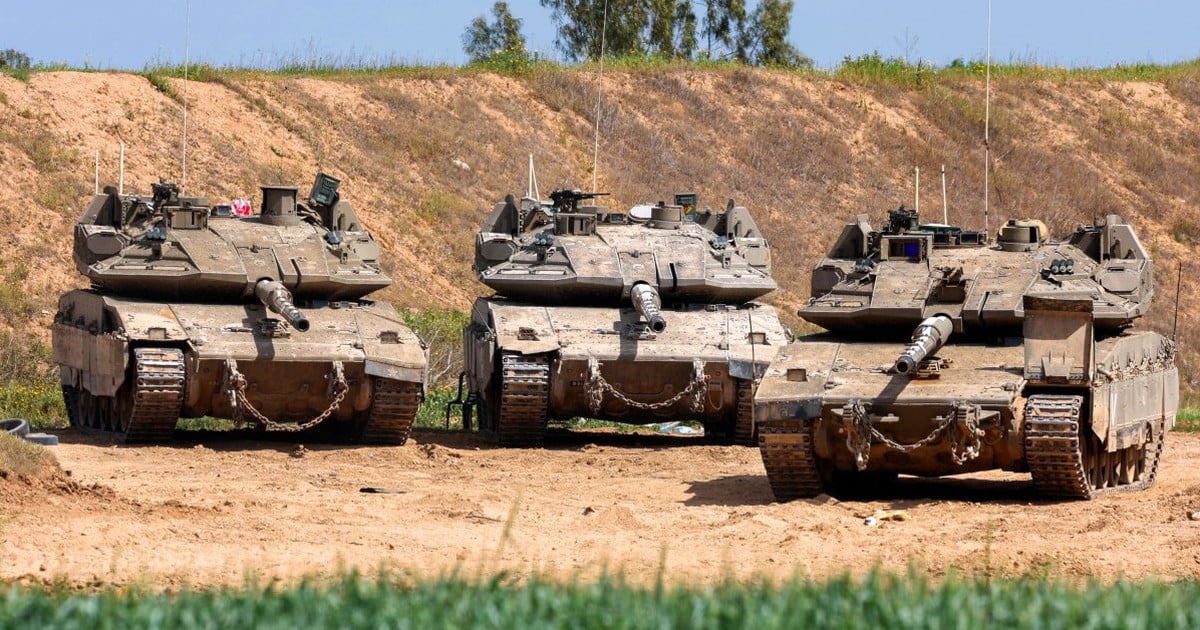




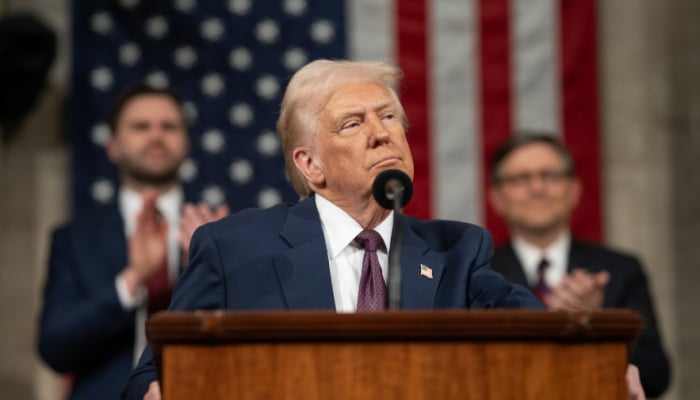
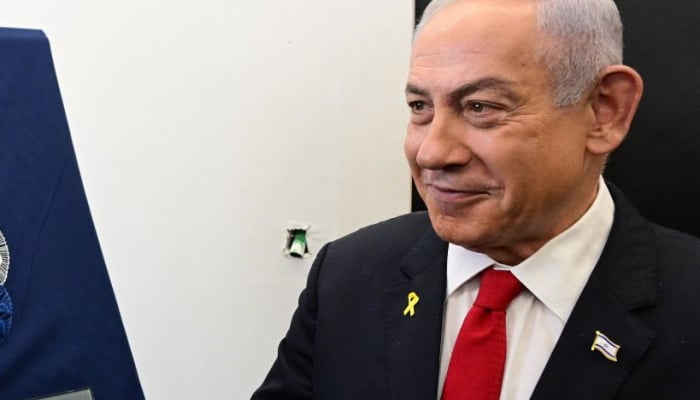
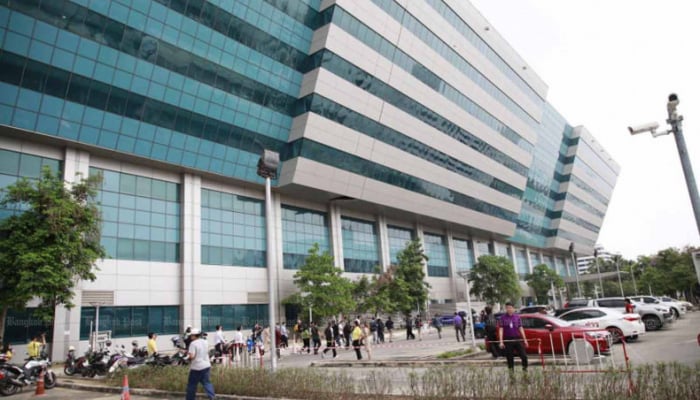
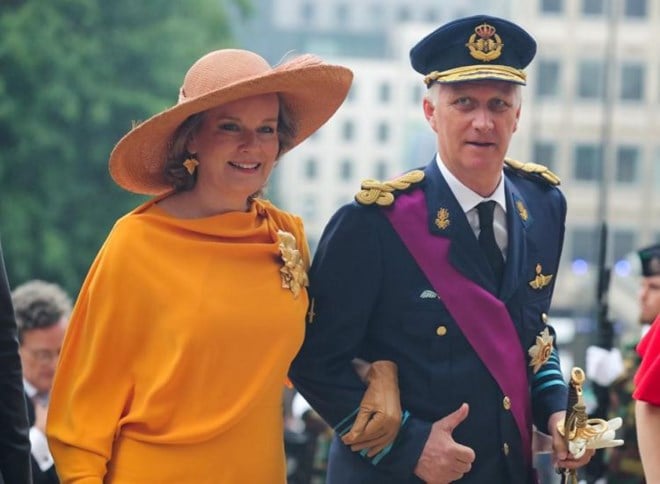
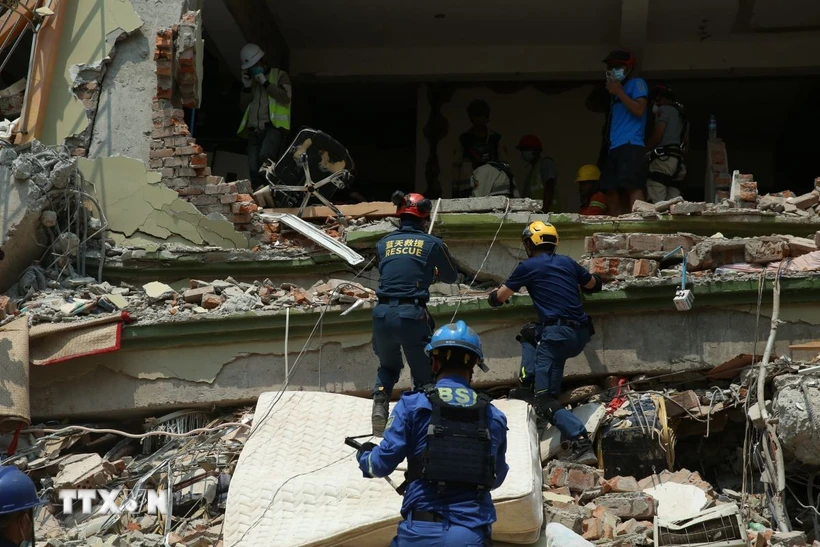


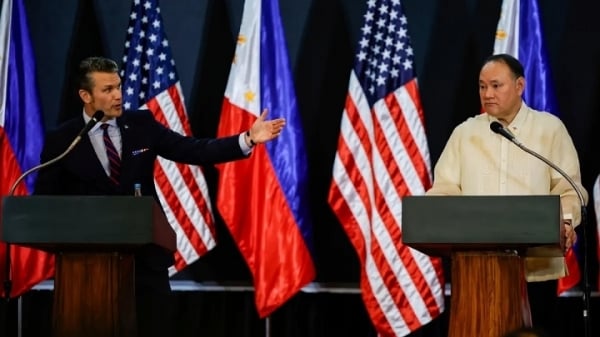
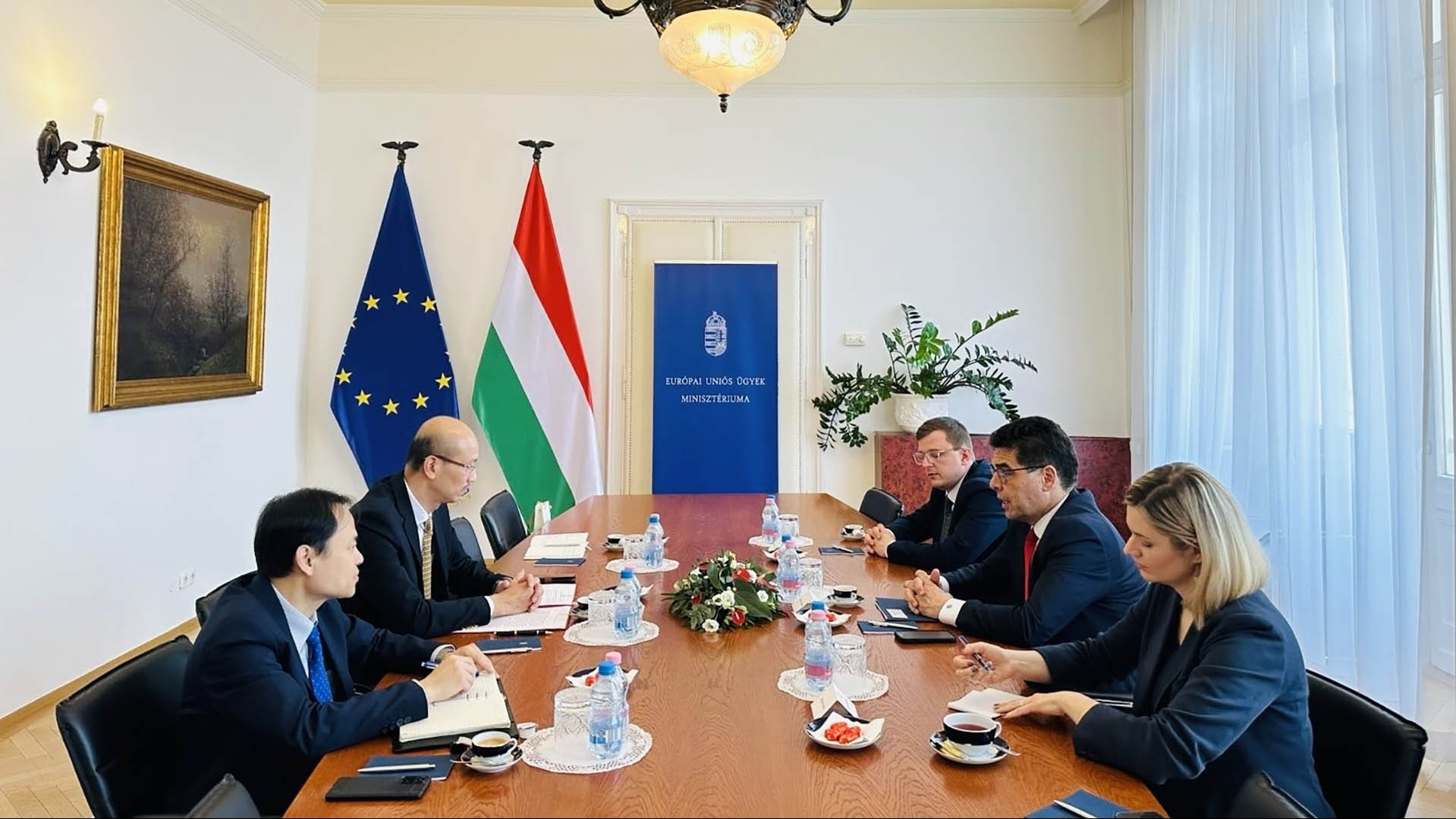
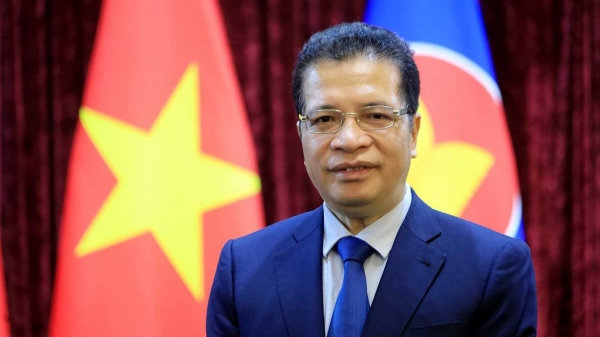
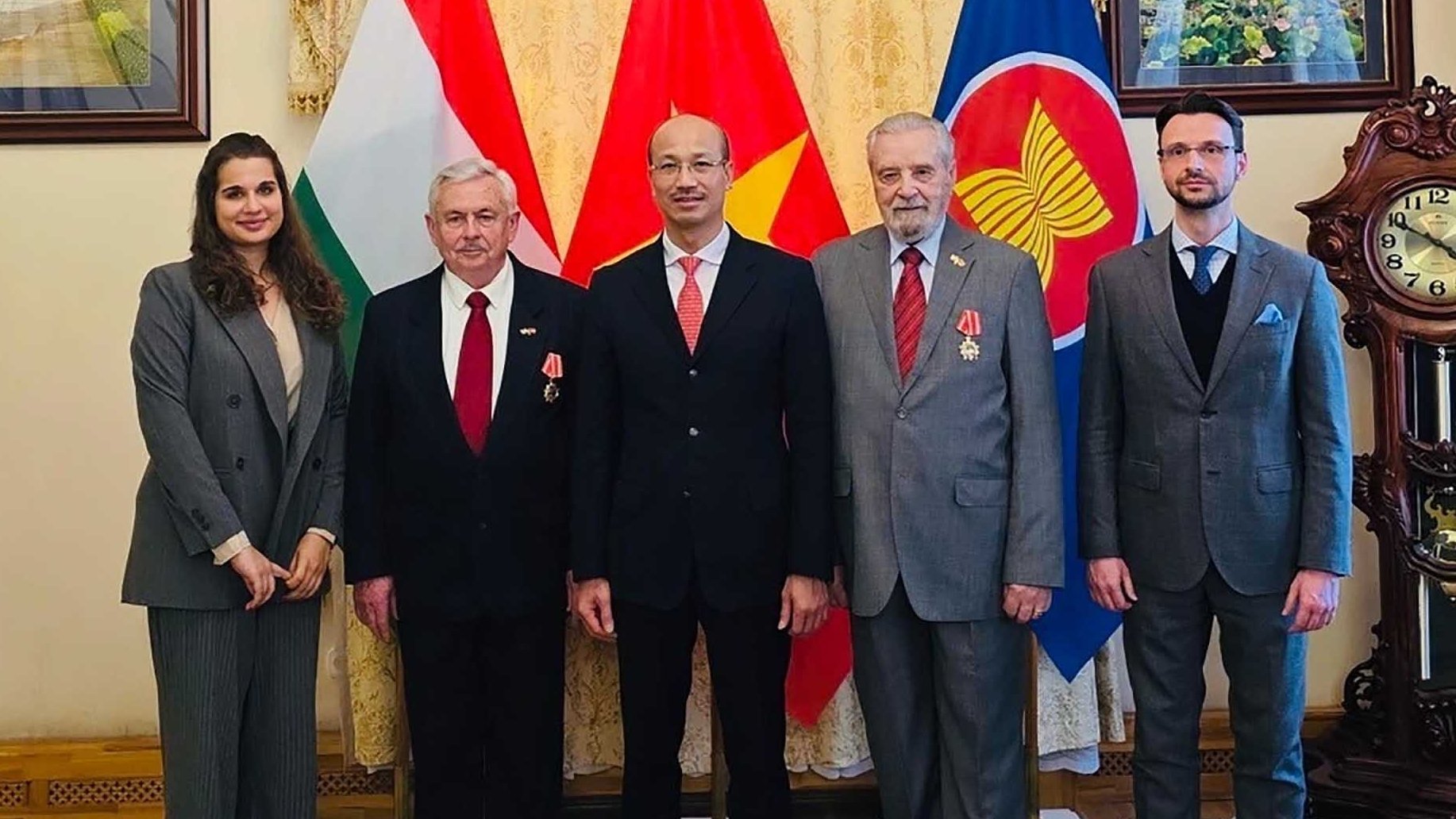

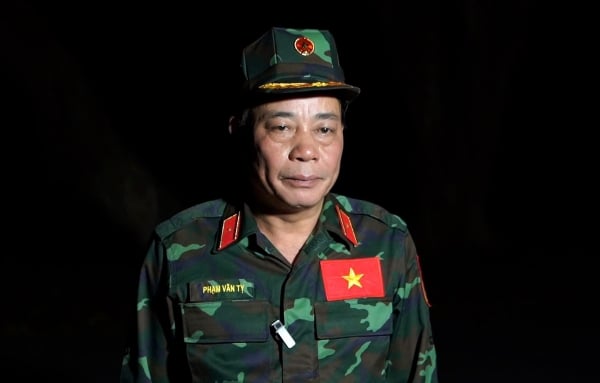

![[Photo] Ministry of Defense sees off relief forces to the airport to Myanmar for mission](https://vstatic.vietnam.vn/vietnam/resource/IMAGE/2025/3/30/245629fab9d644fd909ecd67f1749123)
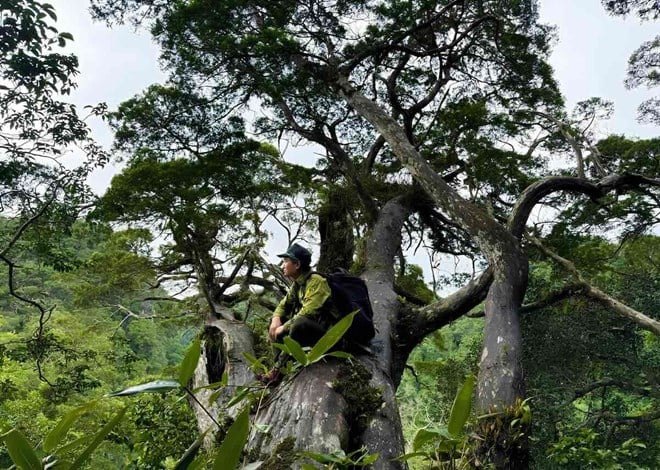










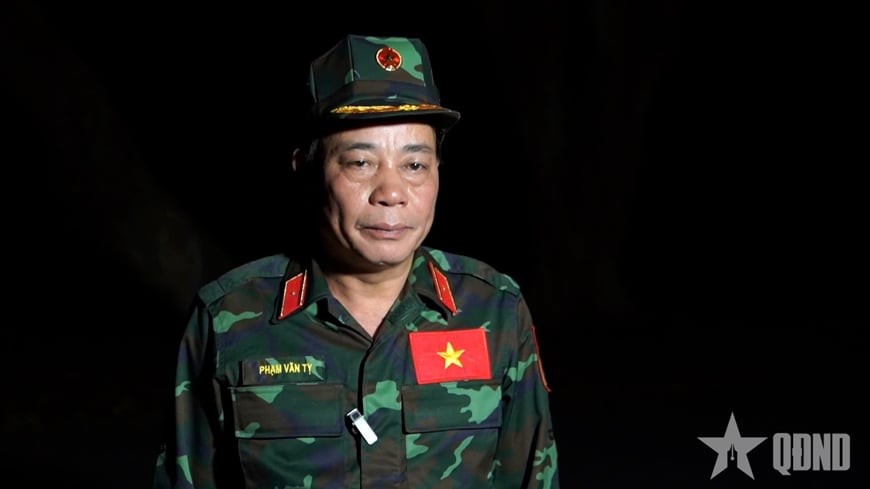



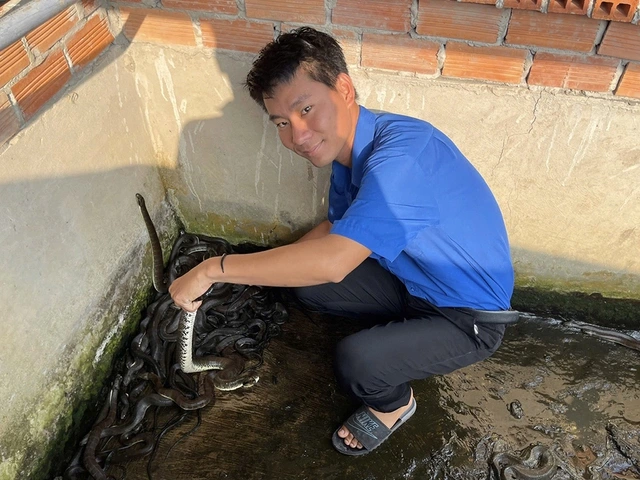















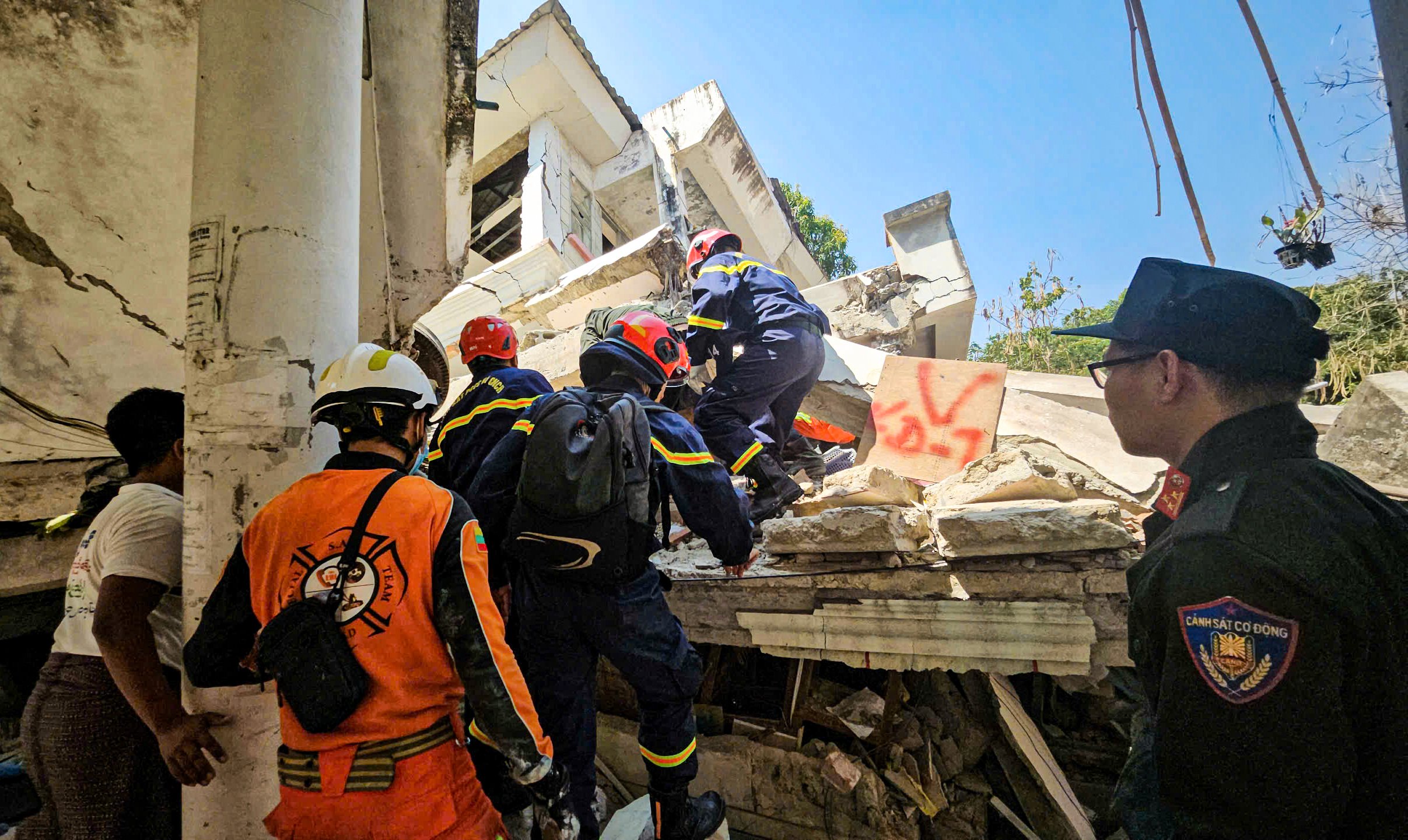

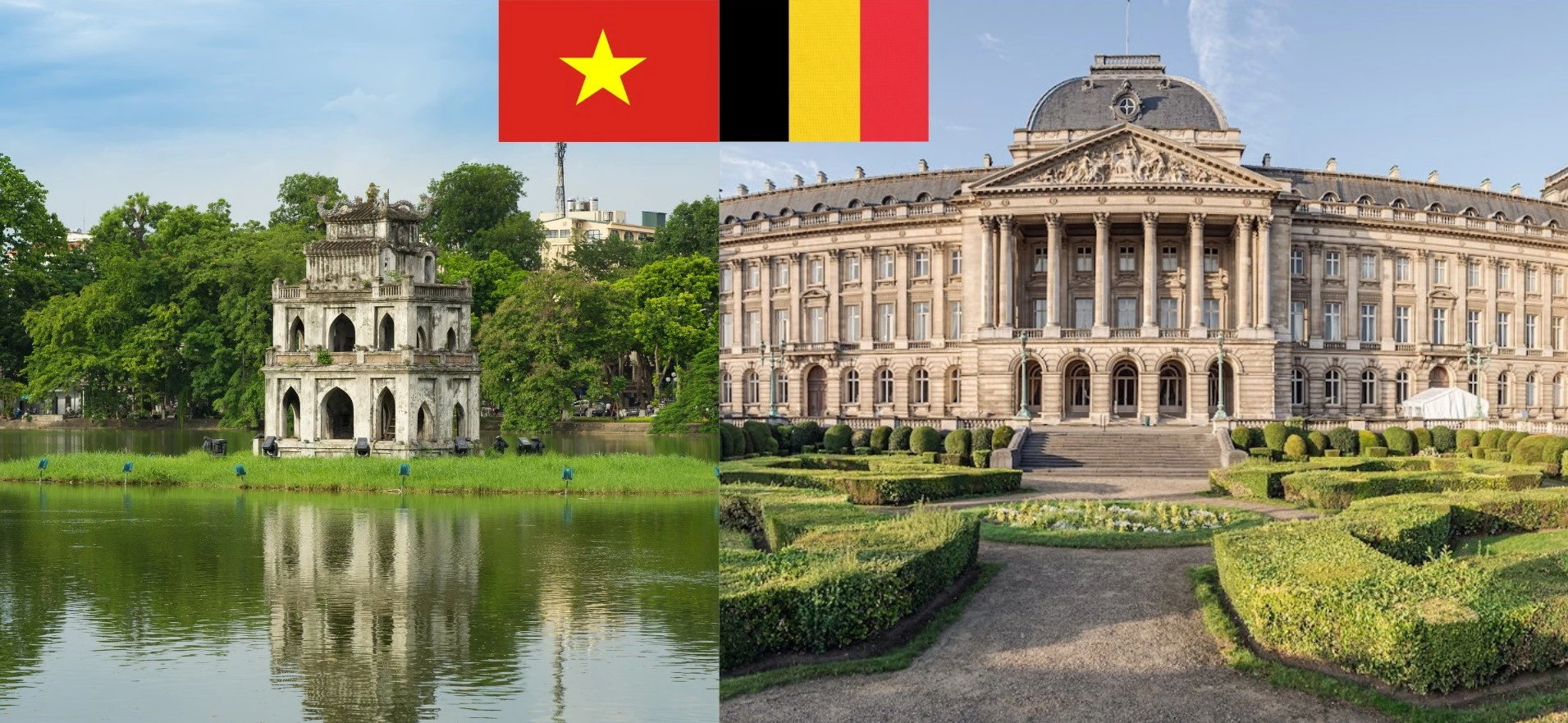







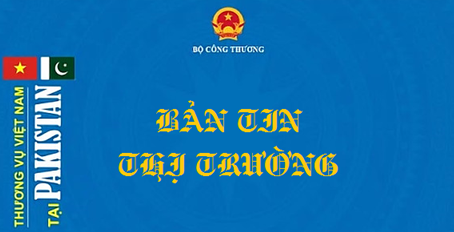



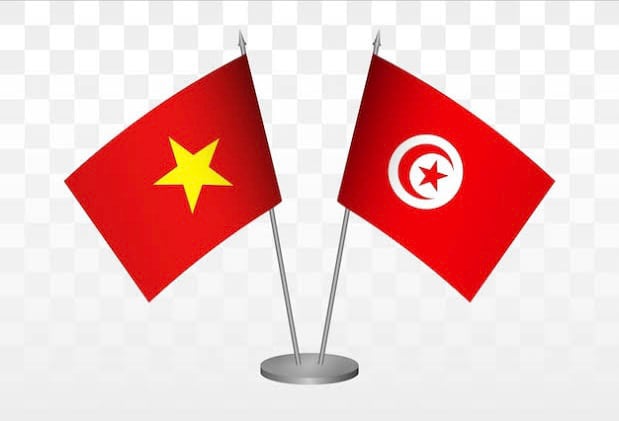
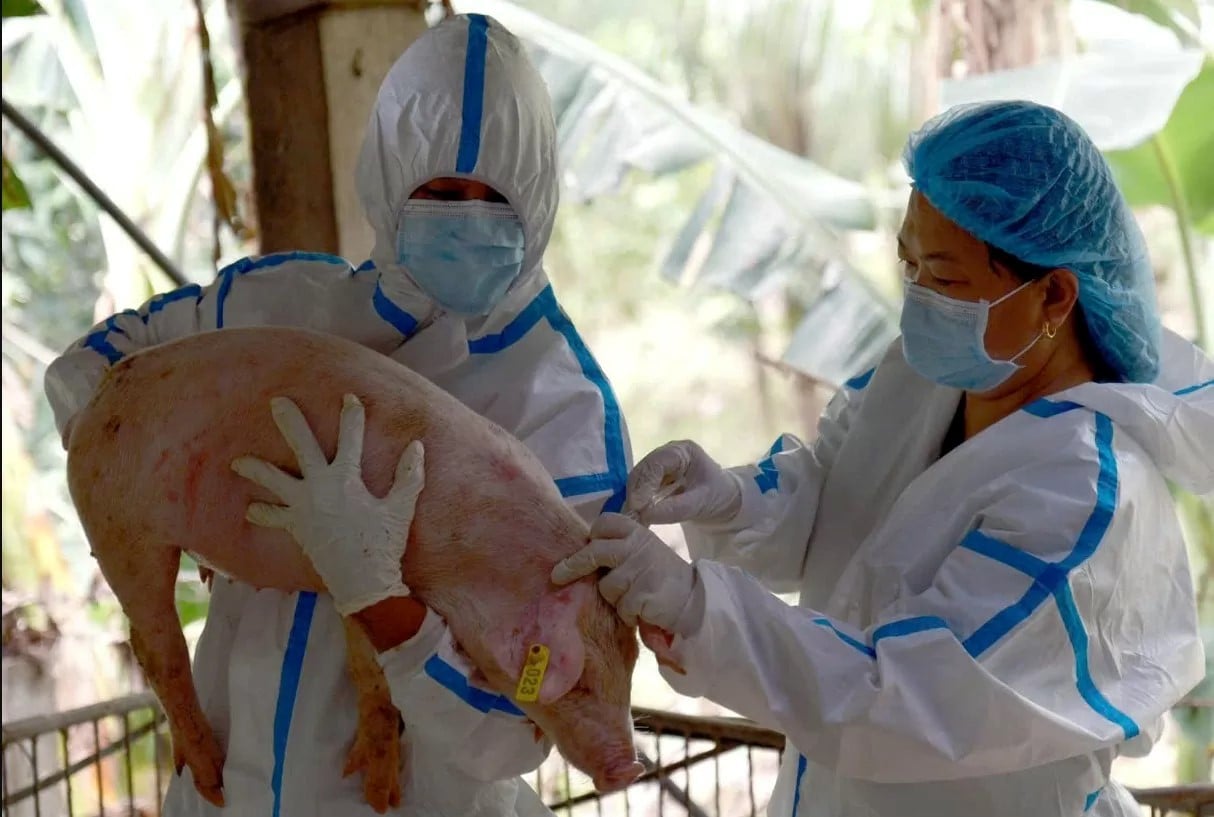
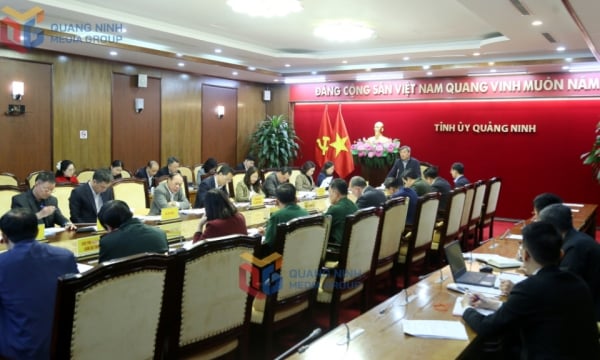
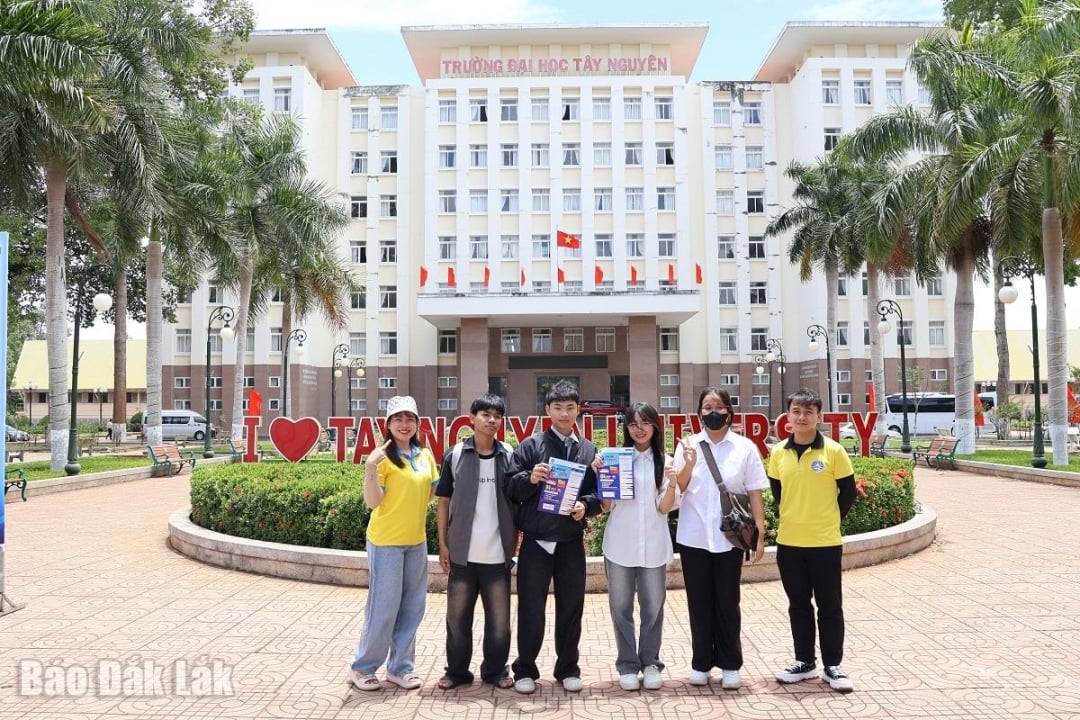


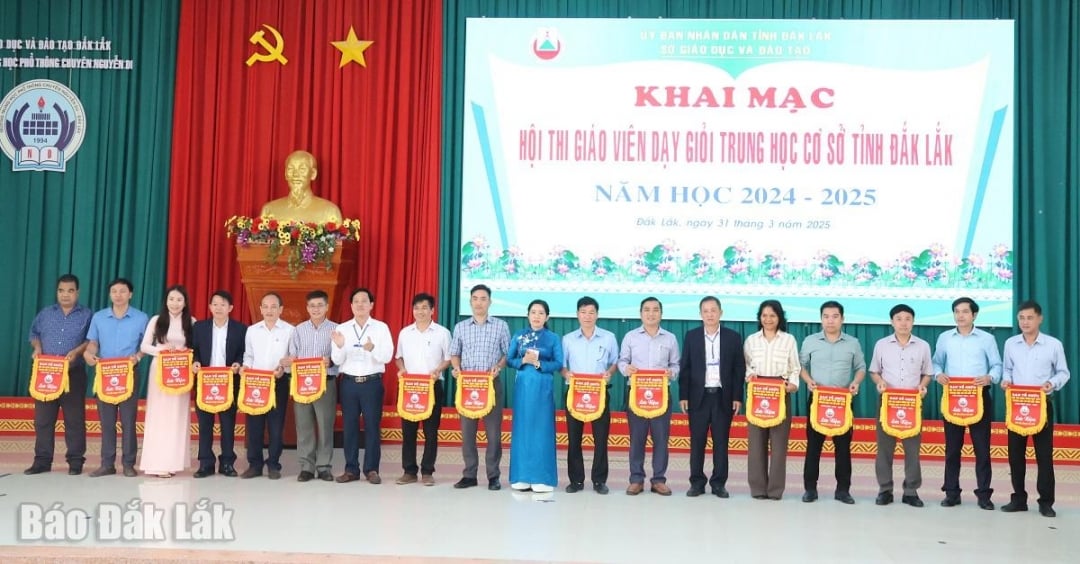
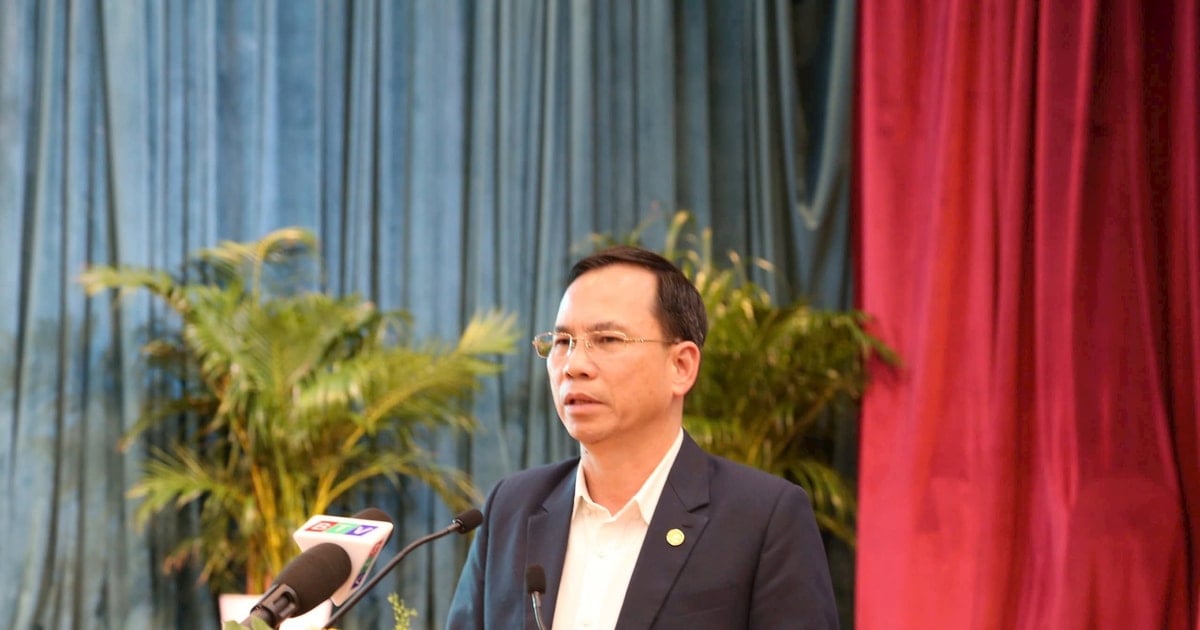










![[REVIEW OCOP] An Lanh Huong Vet Yen Cat](https://vstatic.vietnam.vn/vietnam/resource/IMAGE/2025/3/27/c25032328e9a47be9991d5be7c0cad8c)

Comment (0)